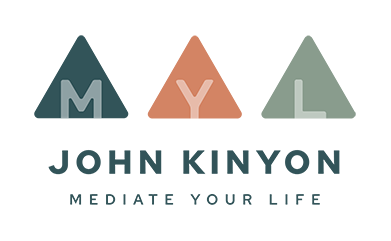
Empathic Conversation Training
for Sustainable Solano
Resource Page
Group learning and practice session
Meeting date, time and location:
June 2, 2021
12-3pm
Mare Island, Vallejo
Contacting and Connecting with John
You can reach me by email: john@johnkinyon.com, or text/phone 415-710-2777.
Empathy & Consciousness in Conversation Online Community [click on link]. Virtual platform for connection and sharing learnings and experiences. Joining this community I created is a great way to connect with a larger empathic community of learning, practice, and support. It's free to join.
Practice
After the live group session I encourage you to PRACTICE daily and weekly:
- With yourself
- With others in the group/organization
- With people in your life
Learning Resources
Books
- Choosing Peace, book by Ike Lasater and John Kinyon, [click this LINK to access digital version]
- Mindfulness in Conversation, digital workbook by John Kinyon [click LINK to access digital version]
- Nonviolent Communication: A Language of Life, book by Marshall Rosenberg, creator of Nonviolent Communication (NVC)
Foundation Handouts [click to open]
- OFNR Communication Components
- Needs and Feelings sheet
- Feelings vs. Faux Feelings sheet
- The Four Communication Choices
- Connection and Solution Requests
- Three Types of Agreements
- Triad Model of Conversation & Consciousness
Feelings and Needs Cards
Empathic Conversation Handouts [click to open]
Meditation Resources
I request that for at least the 8 weeks of the course you commit to and begin (or extend what you already do) a daily meditation practice, even if it's only 5 minutes each day.
I highly recommend Sam Harris' Waking Up Course meditation app (mindfulness, nonduality, and neuroscience). It is subscription based, but I'll send you an invitation for a free month of the app. If you want to continue and can't afford the subscription all you need to do is email Sam's team and they'll give you a year for free, which can be renewed yearly. Here's the referral link to active your free month: https://share.wakingup.com/d10bdc090360.
Here are some other meditation apps I recommend:
- Headspace
- 10% Happier
- Insight Timer
- Calm
- Simple Habit
Additional Resources Related to Consciousness and Compassion
- Tim Freke - philosophy of "unividualism," emergent/evolutionary spirituality, integrates dual and nondual mindfulness, and science and spirituality
- Diana Winston - mindfulness teacher, UCLA Mindful Awareness Research Center, spectrum of awareness practices
- Loch Kelly - mindfulness and nondual awareness teacher
- Henry Shukman - Zen mindfulness, Koan practices
- Kristin Neff - mindful self-compassion
- Sarah Peyton- NVC, interpersonal neurobiology, and trauma work. Book, Your Resonant Self
- Internal Family Systems - Richard Schwartz
